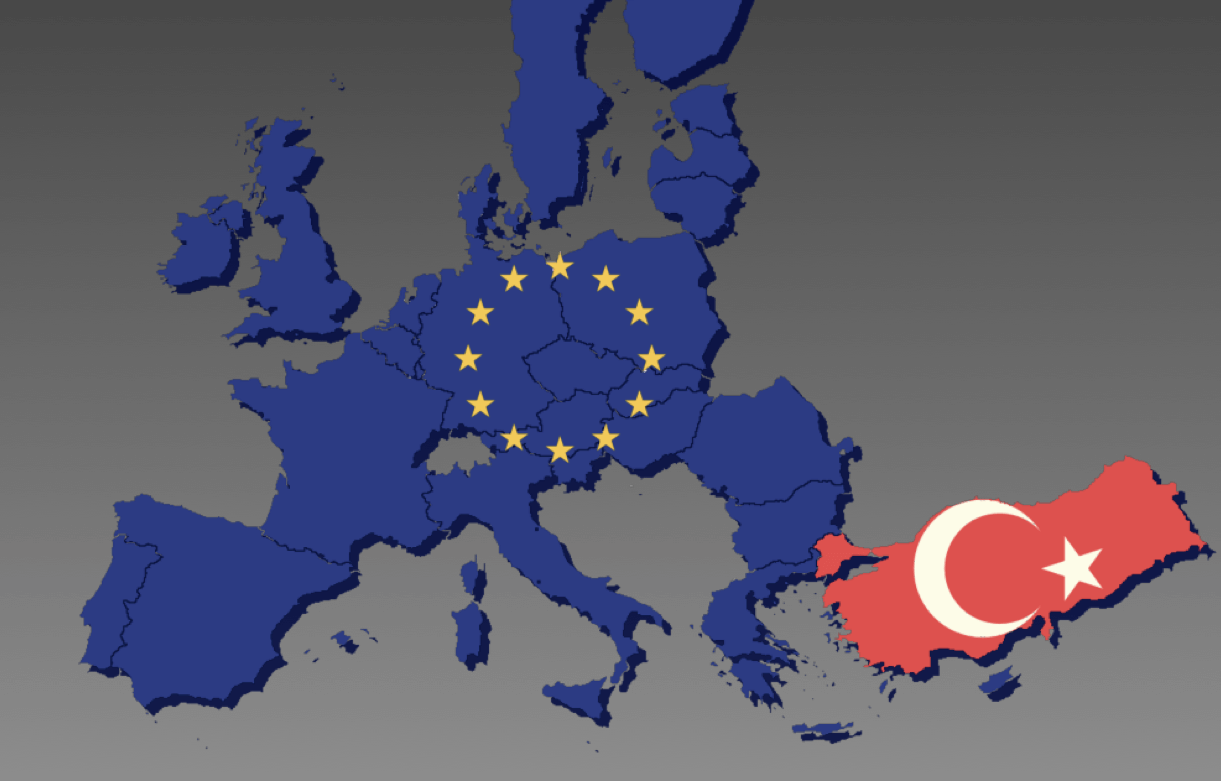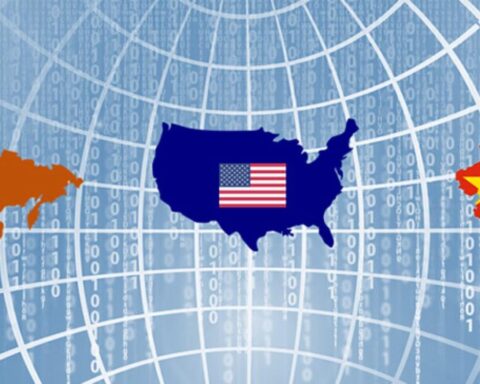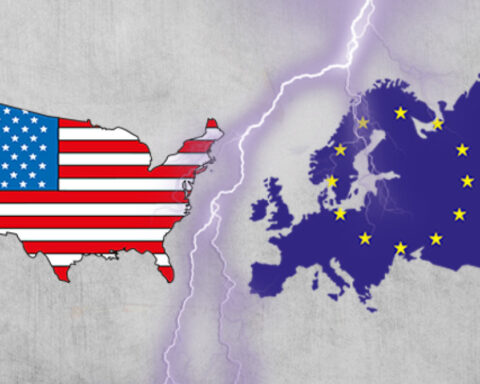No easy choices:
Europe’s security requires cooperation with Turkey, but Erdogan’s domestic abuses complicate the relationship. To navigate this, Europeans must invest in this partnership, prioritising urgent needs while carefully nurturing the seeds of a more democratic Turkey for the future
Turkey is not an easy partner for Europe. While at home President Recep Tayyip Erdogan consolidates power, the country asserts itself more aggressively on the global stage, especially in Syria, Libya and the eastern Mediterranean. Yet, with Russian aggression and American unreliability, Turkey’s role in European security is becoming inescapable.
For Europeans, this is a classic dilemma: whether to turn a blind eye to domestic abuses for the sake of geopolitical expediency. But now Europe’s choices are much more constrained, particularly when it comes to Turkey. With a less engaged United States, a solid relationship between the EU and Turkey is now a sine qua non for stability in Europe.
Turkey knows this. As Turkish foreign minister Hakan Fidan said, “diminishing the dependency on the United States… would make [the Europeans], all of us, much more resilient in the face of economic and geopolitical crisis.” At least some European leaders seem to agree, such as Polish prime minister Donald Tusk and German chancellor-in-waiting Friedrich Merz, who have both expressed support for Turkey’s role in regional stability.
Turkey is quickly emerging as an adept middle power in a fast-changing world order, picking and choosing its allies based on its national interests and pursuit of strategic autonomy. For example, Ankara has skilfully compartmentalised its relations with Russia: it refused to join EU sanctions and continued to trade with Russia while also supporting Ukraine’s defence, territorial integrity and independence—drawing only mild criticism from the Kremlin. It has now also secured a role in Ukraine’s future reconstruction. Turkey has no interest in a weakened Ukraine–a shift that would tilt the regional balance of power in the favour of Russia, which is already emboldened by the overtures coming from the White House.
The reality is that Europeans have little choice but to invest in their relationship with Turkey. While they can hope to promote a post-Erdogan, democratic future in the long term, for now they need to find effective ways to cooperate with Ankara. The best approach is through expanding security cooperation while adding a few realistic extras along the way.
Strengthening defence ties
Multiple Western arms embargoes since the 1970s have pushed Turkey to invest heavily in domestic weapons production. Turkish arms exports grew by 103% between 2015-2024, making the country the world’s 11th largest arms exporter currently. The growing footprint of the Turkish defence industry is increasingly visible in military deals across Europe, notably in the Balkans but also in Spain, Portugal and Italy.
These bilateral arrangements are beginning to resemble a patchwork, creating the risk of uncoordinated dependencies across the continent. The EU must be smart on organising this process. A crucial first step is to clarify whether and under what circumstances Turkish firms can be eligible to participate in new EU defence instruments, such as the SAFE regulation.
Granting Turkey access to EU’s defence funding will inevitably prompt a broader conversation about reciprocal concessions, similar to the ongoing negotiations with the United Kingdom where individual member states present their demands and concerns. The EU must play this game strategically, knowing that defence cooperation benefits Turkey as well. Despite its growing fame, the Turkish defence sector is not without challenges: Turkish drones, for example, are aging quickly, and staying competitive will require significant investment in high-end technologies.
Europe’s grand rearmament plans—which will undoubtedly focus on R&D, AI, and next-generation systems—risk slowing Turkey’s relative progress. Inclusion under carefully defined conditions could benefit both sides.
Shared strategic views
Nevertheless, an offer narrowly focused on security and defence is unlikely to appeal to Turkey. Such a limited approach would also constrain Brussels’ flexibility and reduce opportunities for trade-offs. Broadening the agenda would increase the EU’s leverage and lend a hand to Turkish business and NGO sector.
The EU could establish a new high-level geopolitical dialogue with Turkey to address defence and beyond. This platform would allow European and Turkish diplomats to exchange views on shared strategic interests in the Black Sea region, the Western Balkans, Syria, the South Caucasus and Central Asia. In all these regions, Brussels and Ankara have overlapping priorities; the EU should identify those that will likely remain consistent regardless of who is in power in Ankara.
The first item on the geopolitical agenda should be Black Sea security. As a current war hotspot where the EU is drafting its strategic vision, the Black Sea presents a real opportunity for effective EU-Turkey cooperation. It is from this region that Russia projects power into regions where its interests with Turkey collide, such as Syria, Libya and Africa. Ankara has no interest in seeing Russia rebuild its naval force there, while the EU aims to establish a strong deterrent against Russian provocations.
Developing the Trans-Caspian International Transport Route (also known as the Middle Corridor) will be key. For the EU, it presents both geoeconomic value and an opportunity for fostering closer ties with countries in the South Caucasus and Central Asia seeking to reduce their reliance on Moscow. Turkey’s strategic location and influence makes it a natural partner in this effort.
Green energy is another potential topic in talks with Turkey. Enhancing renewable energy capacity could help gradually reduce Turkey’s dependence on Russian fossil fuels—a goal increasingly recognised and supported by Ankara.
Finally, the EU should incorporate a civil society and business component into these high-level dialogues, strengthening people-to-people interactions and patiently building soft leverage against authoritarian drifts. By promoting the value of political competition, the EU could also work with opposition parties in Turkey. Creating a dedicated EU fund to support regional civil society would be a particularly timely initiative in light of the US retreat from Central and Eastern Europe. This model could be replicated to other middle powers as a way to invest in voices from countries likely to be affected by great power competition.
The accession card
The arrest of İmamoğlu should not interfere with defence cooperation between Turkey and the Europeans; in fact, this was highlighted by İmamoğlu himself. But it does affect Turkey’s EU accession aspirations. Despite feeling emboldened by Turkey’s rising geopolitical weight, Erdogan is aware of the consequences of arresting his main rival. He understands that any progress on updating the Customs Union, which regulates, among other things, the EU’s largest land crossing at the Turkish-Bulgarian border, or the visa liberalisation process, has become much more difficult.
The EU-Turkey relationship is defined by distrust and alienation. But now Turkey stands out as something Europe cannot escape, even if their values or foreign policies do not always align. Brussels cannot afford to allow yet another window of opportunity to close. An effective relationship with a key neighbour and NATO ally will require political will, a degree of flexibility and a clear-eyed understanding of what is possible beyond the binaries of enlargement or exclusion.
Source: https://ecfr.eu/article/no-easy-choices-how-europe-can-write-a-new-chapter-with-turkey/






